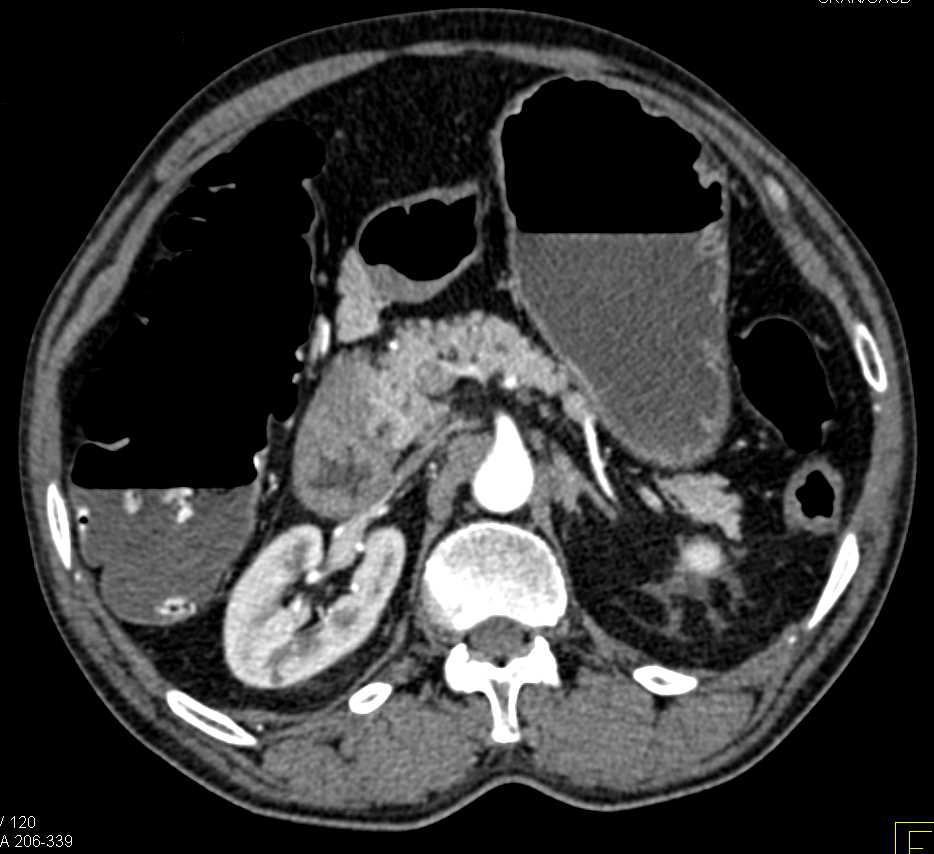
People with diabetes or insulin resistance have an increased risk of colon cancer. Getting regular physical activity may reduce your risk of colon cancer. People who are inactive are more likely to develop colon cancer. Some studies have found an increased risk of colon cancer in people who eat diets high in red meat and processed meat. Research in this area has had mixed results. Colon cancer and rectal cancer may be associated with a typical Western diet, which is low in fiber and high in fat and calories. If more than one family member has colon cancer or rectal cancer, your risk is even greater. You're more likely to develop colon cancer if you have a blood relative who has had the disease. The most common inherited syndromes that increase colon cancer risk are familial adenomatous polyposis (FAP) and Lynch syndrome, which is also known as hereditary nonpolyposis colorectal cancer (HNPCC). Only a small percentage of colon cancers are linked to inherited genes. Some gene mutations passed through generations of your family can increase your risk of colon cancer significantly. Inherited syndromes that increase colon cancer risk.

Chronic inflammatory diseases of the colon, such as ulcerative colitis and Crohn's disease, can increase your risk of colon cancer.

If you've already had colon cancer or noncancerous colon polyps, you have a greater risk of colon cancer in the future.
#Intestinal flexture professional
We disclaim all responsibility for the professional qualifications and licensing of, and services provided by, any physician or other health providers posting on or otherwise referred to on this Site and/or any Third Party Site. MedHelp is not a medical or healthcare provider and your use of this Site does not create a doctor / patient relationship.


It is not intended to be and should not be interpreted as medical advice or a diagnosis of any health or fitness problem, condition or disease or a recommendation for a specific test, doctor, care provider, procedure, treatment plan, product, or course of action. The Content on this Site is presented in a summary fashion, and is intended to be used for educational and entertainment purposes only. Occasionally I will get relief when I feel the liquid move from the right to the left a bit, then later sometimes I will even get the ache in my left side (splenic flexure) Could this be candida? The liquid sounds almost foamy sometimes when I press deep there. Why isn't my colon pushing this stuff along, and why am I hurting whenever anything is in there? I've tried increasing my fiber, narcotic pain meds do not help, tramadol helps a bit. I can feel a large moveable lump in the ascending colon sometimes too, which the doctor says is probably gas. I can hear the liquid squishing, and sometimes the pain even radiates down my ascending colon. The only relief I get is when I press on it, digging deep under my rib, the relief lasts about 10 seconds. Whenever there is anything in the area the ruq bend of my colon (hepatic flexure) I suffer from horrible pain. The only relief I get is from taking laxatives and completely emptying myself out.


 0 kommentar(er)
0 kommentar(er)
